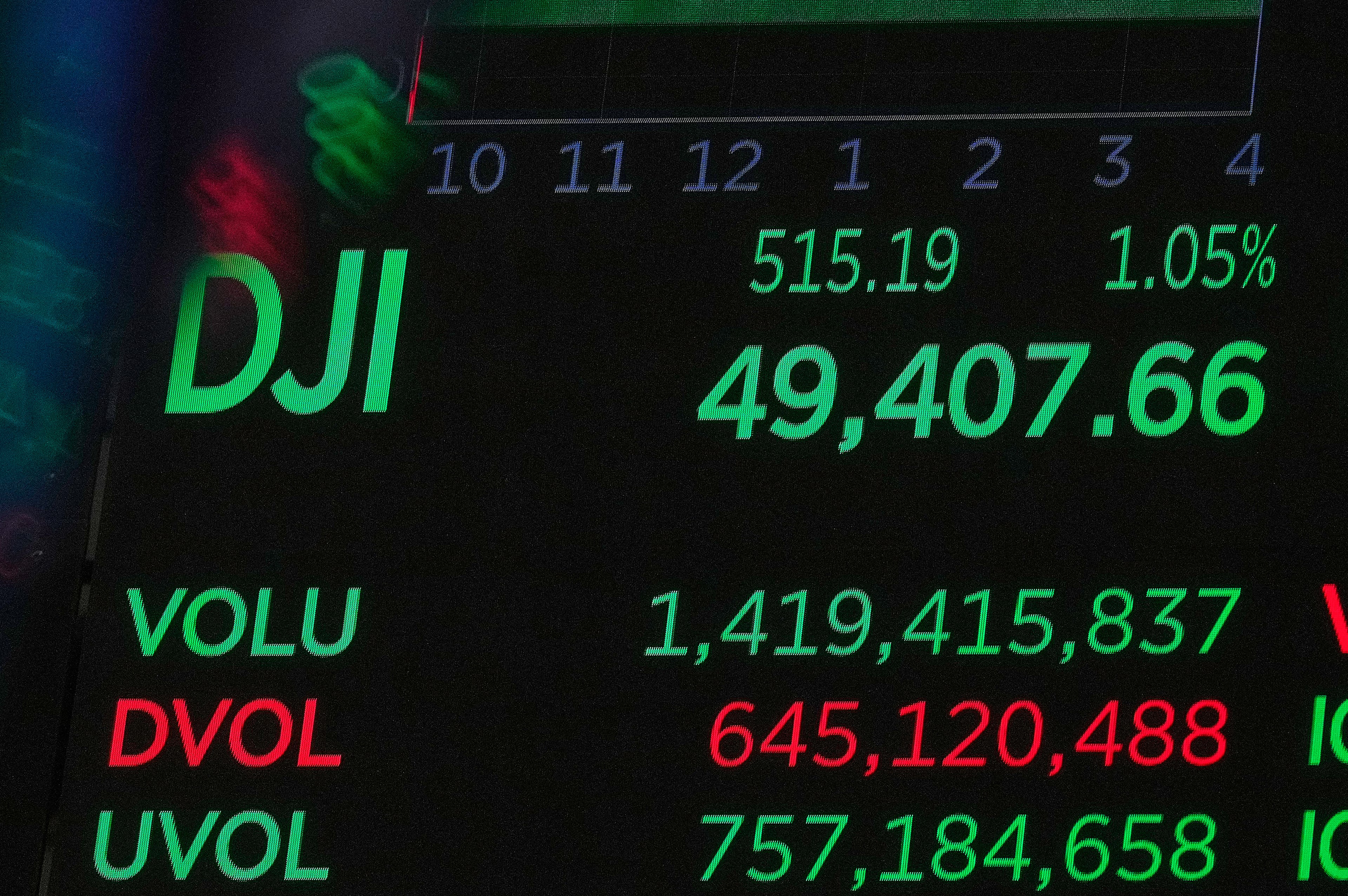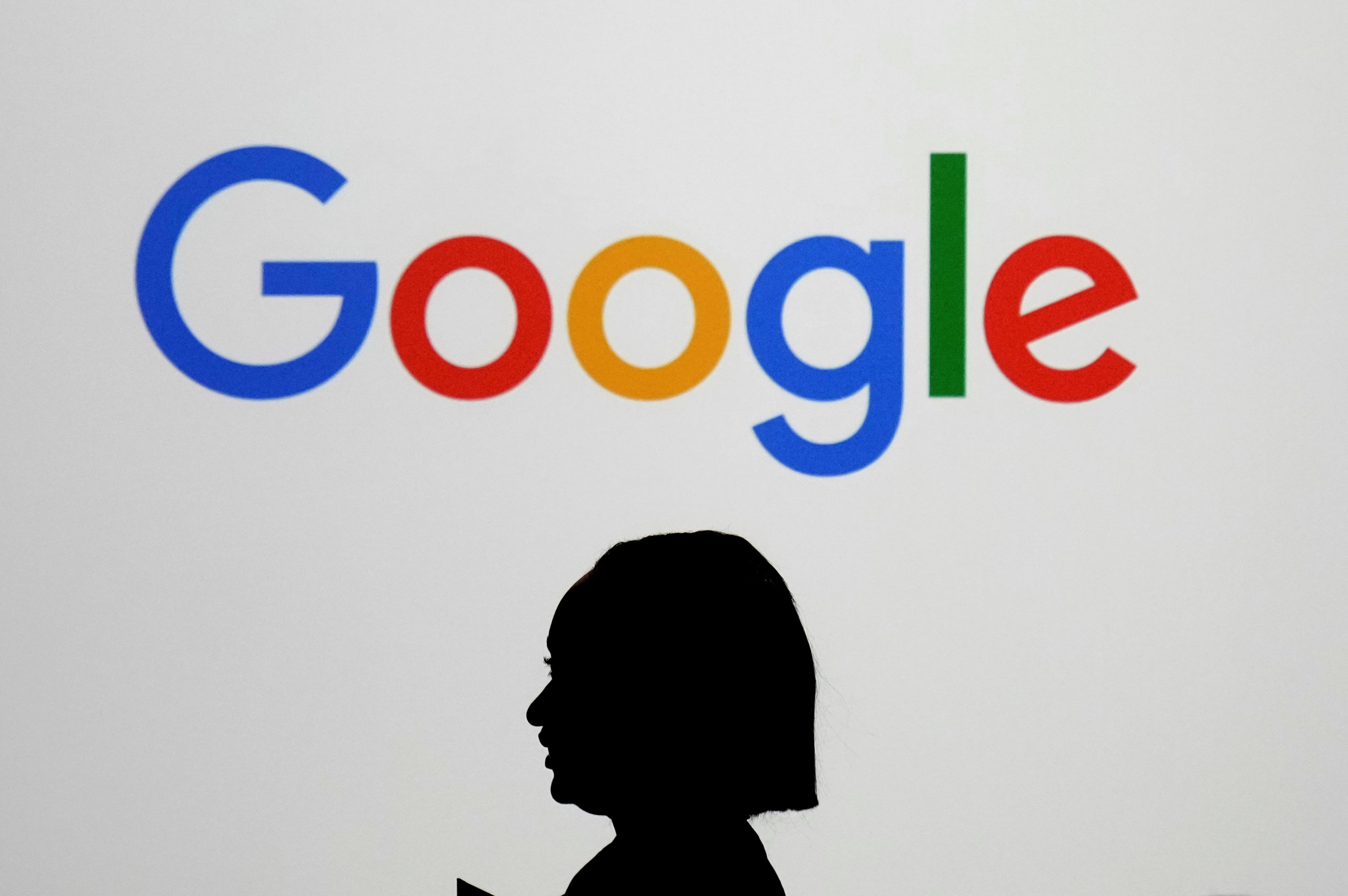Lionsgate, a key player in Georgia film, is making a big move into AI

In a deal that could be a bellwether for the entertainment industry, the studio behind Georgia-shot films in the “Hunger Games” saga has agreed to allow a startup to train a new generative artificial intelligence model on its library of film and TV shows.
Lionsgate Studios has partnered with a company called Runway to explore the use of AI in film production, making it the latest major studio to dive further into a rapidly-advancing field in entertainment. But it’s a new frontier where studio executives, actors and crew members, their unions and lobbyists don’t see eye-to-eye.
Using Lionsgate’s existing content, Runway will create and train an AI model that the studio can use in future projects.
Specific details about the capabilities of the AI model weren’t disclosed, but in a news release announcing the deal, Lionsgate’s Vice Chair Michael Burns said the company views AI as a “great tool for augmenting, enhancing and supplementing our current operations.” Several of Lionsgate’s filmmakers are excited about the model’s potential applications to the preproduction and postproduction process, Burns added.
The studio plans to initially use the new AI tool for internal purposes like storyboarding, and eventually creating backgrounds and special effects, such as explosions, for the big screen, The Wall Street Journal reported.

Though based in Santa Monica, California, Lionsgate has been a major player in Atlanta’s film industry for more than a decade. The studio has produced and distributed five films in the “Hunger Games” franchise, filming most of three in metro Atlanta. Lionsgate also supported all of Tyler Perry’s theatrically released “Madea” films. It’s distributing Francis Ford Coppola’s forthcoming feature “Megalopolis,” also shot in metro Atlanta. The company also owns pay cable network and streaming service Starz, which shoots its drama “P-Valley” in the state.
Last year, Lionsgate signed a long-term lease at Great Point Studios in Douglasville, where it has control over five soundstages.
There is perhaps no topic more incendiary in entertainment today than the use of artificial intelligence in generating content.
Perry, who operates his sprawling namesake filming campus at Fort McPherson, put the kibosh on a planned $800 million expansion earlier this year. He pinned the decision on the impact to come from the emerging technology.
He told The Hollywood Reporter in February that filmmakers may not need to do location shoots or even build out certain sets if the technology keeps improving.
“It makes me worry so much about all of the people in the business,” Perry told the publication. “Because as I was looking at it, I immediately started thinking of everyone in the industry who would be affected by this, including actors and grip and electric and transportation and sound and editors, and looking at this, I’m thinking this will touch every corner of our industry.”
AI was a major sticking point in last year’s strikes by the writers and actors, which shut down the industry for months, the effects of which are still resonating in today’s tepid production pipeline.
Voice actors and motion capture performers in another sector of the entertainment industry — video games — are currently on strike for the same reason. They want protections over the use of generative AI to replicate their voices and likenesses without their consent.
Advocates say generative artificial intelligence tools can automate or streamline cumbersome tasks, and, in a capacity perhaps most valuable to producers, allow productions to save millions of dollars in their bottom lines. In a study released last year, consulting firm Bain & Co. found virtual techniques can shave off time and production costs without directly replacing human talent.
The study laid out three scenarios, with the savings getting bigger as the budgets grow. A $50 million comedy movie needing limited visual effects could reduce costs by 5% or 10% by planning out scenes using game engine software ahead of filming. Taking that same game-engine technology further to render virtual elements in real time, a $100 million family movie could save $15 million to $20 million, and a $200 million blockbuster could save $30 million to $40 million.
Still, creatives are fighting for guardrails around the use of generative technologies. Late last year, members of SAG-AFTRA approved a new contract with Hollywood’s major studios and streamers that contained detailed AI protections. Producers must obtain an actor’s consent in writing if they intend to use a digital replica of their voice or likeness for, say, adding new lines or a scene, and actors must be paid for the days they would’ve worked for all appearances of the replica. The union protecting many crew members, the International Alliance of Theatrical Stage Employees, also incorporated protections into the contract they ratified this year.
This week, California Gov. Gavin Newsom signed two bills giving greater protections to performers over the digital replication of their name, image and likenesses.
Banning AI as a tool will not lead anywhere, Alexander Lerch, a professor in Georgia Tech’s College of Design, said last month in an interview with The Atlanta Journal-Constitution. The technology will advance to a point where people who do use AI will have an edge over their competition.
Lionsgate feared this. In recent months, the studio realized it could fall behind its competitors if it didn’t make a move on AI, Burns told the WSJ. Both Disney and Paramount were exploring the potential applications of the technology.
“It went from treading softly to ‘Let’s get into this people,’” Burns said.



